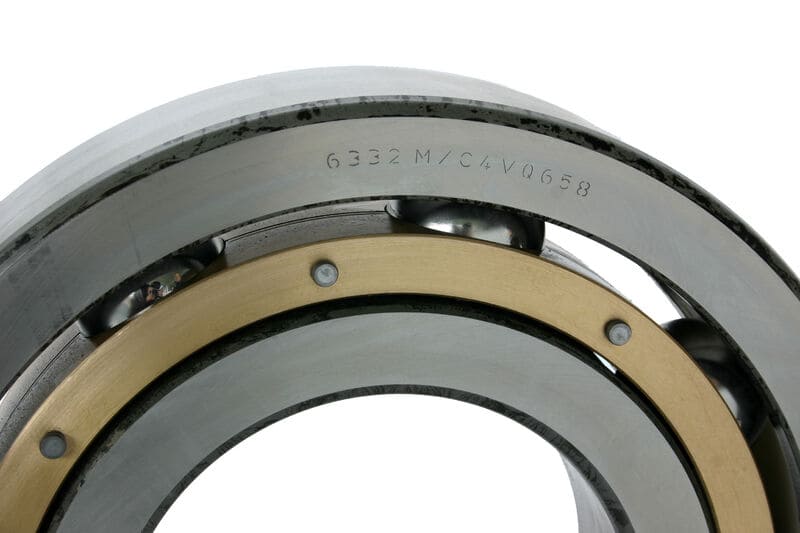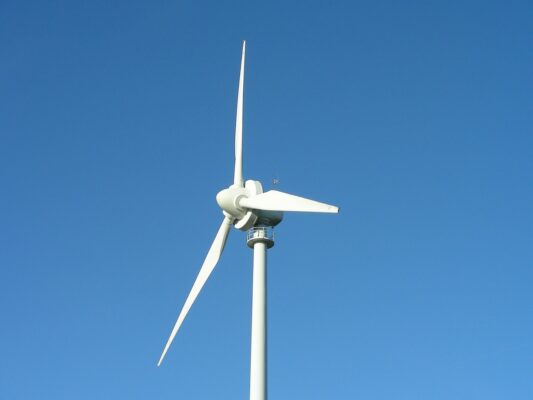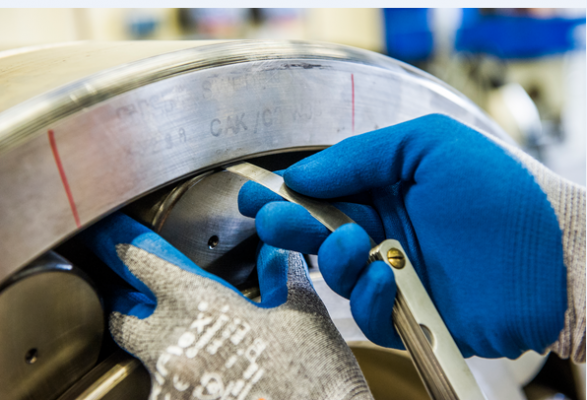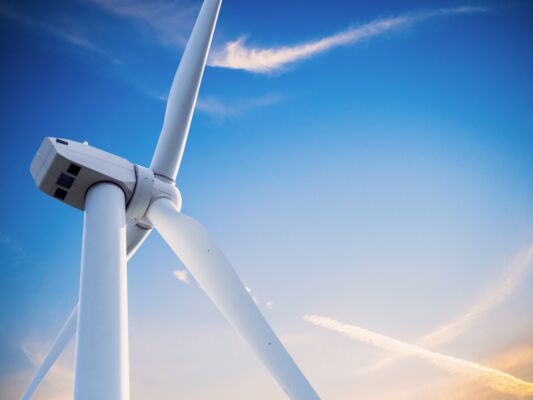When a wind turbine is in operation, its generator rotor relies on specialized bearings for support. These bearings are engineered to manage both radial and axial loads, but they are also a frequent source of mechanical noise. The interaction between the rotor, the bearings, the lubricant, and the housing can result in noise, even when the bearings are new, well-mounted, and well-lubricated. Over time, minor surface imperfections may form on and in the bearings, exacerbating friction and elevating noise levels. This situation can worsen with poor or contaminated lubrication, amplifying the sound emissions.
In addition to friction, generator bearings are susceptible to vibrations. These vibrations can be exacerbated by external factors such as dynamic coupling misalignment, part deformation, imbalances, operating speed, and temperature, leading to uneven wear, misalignment, and even significant structural damage to the bearings and other generator components. The resulting sound is anything but pleasant. Complicating matters further, excessive vibrations can resonate with the generator’s natural harmonics, creating a condition known as structural resonance. This can accelerate the degradation of critical components and may lead to premature failure. The fallout from these failures includes increased operational expenses and unexpected periods of downtime.
SKF’s quiet innovation
SKF Quiet Running deep groove ball bearings offer a design that brings multiple benefits to industrial applications, especially wind generators. Featuring optimized internal geometry and redesigned cages made from either brass or steel, these bearings effectively minimize noise and vibration by damping the structural resonance between the rotor and stator. These cage innovations also contribute to the relubrication process. This dual advantage allows for extended intervals between relubrications, substantially increasing the overall lifespan of the bearings and enhancing system reliability.
Fully compatible with the dimensions of pre-existing deep groove ball bearings (standard or insulated execution), these SKF bearings can be effortlessly installed without the need for any modifications to the rotor shaft, housing, or end shield. This not only provides a user-friendly solution but also contributes to greater system longevity. Moreover, the reduced vibration and noise levels help decrease overall turbine emissions, aiding in easier compliance with regulatory standards for wind energy projects.



